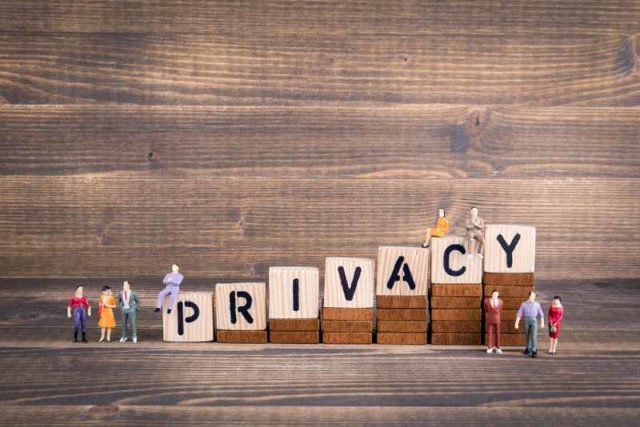
The National Cyber Security Alliance (NCSA) continues to raise awareness on the significance of data security and privacy with its annual Data Privacy Day, which is observed on January 28 every year. This year, the NCSA kickstarted the Data Privacy Day 2021 as an international effort to empower users with the theme: “Own Your Privacy” and encourage businesses to “Respect Privacy” for safeguarding data and enabling trust.
By Rudra Srinivas, Senior Feature Writer, CISO MAG
Data Privacy Day aims to encourage individuals to take control of their personal data, as most users are unaware or uninformed about how their personal data is being used, collected, and shared by technological companies.
Why Data Privacy is Important?
Most users are concerned about the lack of control over their personal information online, which is vulnerable to data and identity theft. Most people are uninformed about how much of their private data is online and how it is obtained without their consent. According to the Pew Research Center study, 79% of U.S. adults reported being concerned about the way their data is being used by companies. Nearly 81% feel they have little or no control over how organizations use their personal information.
How to Enhance Your Data Privacy Online?
Your sensitive information is worth a lot to cybercriminals. Private data such as geolocation, purchase history, IP address, full names, birthdates, and other personally identifiable information has tremendous value on the darknet, where several hackers trade databases stolen from users. That’s why Own Your Privacy by firmly deciding whether or not to share your sensitive info with certain online services.
1. Limit Your Data on Social Media
Never overshare your personal information on social media. Cybercriminals often target popular social networking sites such as Facebook, Twitter, and Instagram to phish users and illicitly steal your data. Many online services ask for access to your personal info like your geographic location, contacts, and images even before using their services. Be mindful while giving such access permissions if you are not sure about their security practices. Log out or completely delete your social handles if you are no longer using their services.
Related story: How to Report and Regain Access to Your Hacked Facebook Account
2. Manage Your Privacy
Cross-check the privacy and security settings on the websites, apps, social media handles, and other online services you use for information sharing priorities. Each service will have its data sharing policy. So, make sure to learn what information the service is obtaining from you and with whom it is sharing it. Review or change your privacy and security settings using NCSA’s Manage Your Privacy Settings page. Use the direct links provided on the page to update your privacy settings on almost all popular online services.
3. Browse Private
If you don’t want others to trace your browsing history, surf in private mode. Every web browser has its version of the privacy protection feature. In Firefox, this service is available as Private Browsing; in Google Chrome it is called Incognito Mode; and in Internet Explorer, it is InPrivate Browsing. These privacy features won’t save your browsing history, temporary internet files, and cookies from your device.
4. Use a VPN
A Virtual Private Network (VPN) helps improve your data privacy and security online by providing a secure connection when joining different networks. VPN changes your IP address and location details, making your browsing activity safe and private from cybercriminals. Even if attackers penetrate your network, they still cannot compromise/access your data when a VPN is active on your device.
Conclusion
Data privacy is the most influential factor in determining the safety of digital systems. The unexpected crisis from the pandemic made people across the globe connect virtually more than ever before. Users are sharing more personal data via connected devices, allowing third parties to inevitably collect and store users’ data. Every form of data is sensitive and can be illicitly used for malicious operations such as launching social engineering attacks. Adhering to regulatory compliance may seem tough, but not impossible. Remember, practicing data privacy is as important as preaching!
About the Author
Rudra Srinivas is a Feature Writer and part of the editorial team at CISO MAG. He writes news and feature stories on cybersecurity trends.























